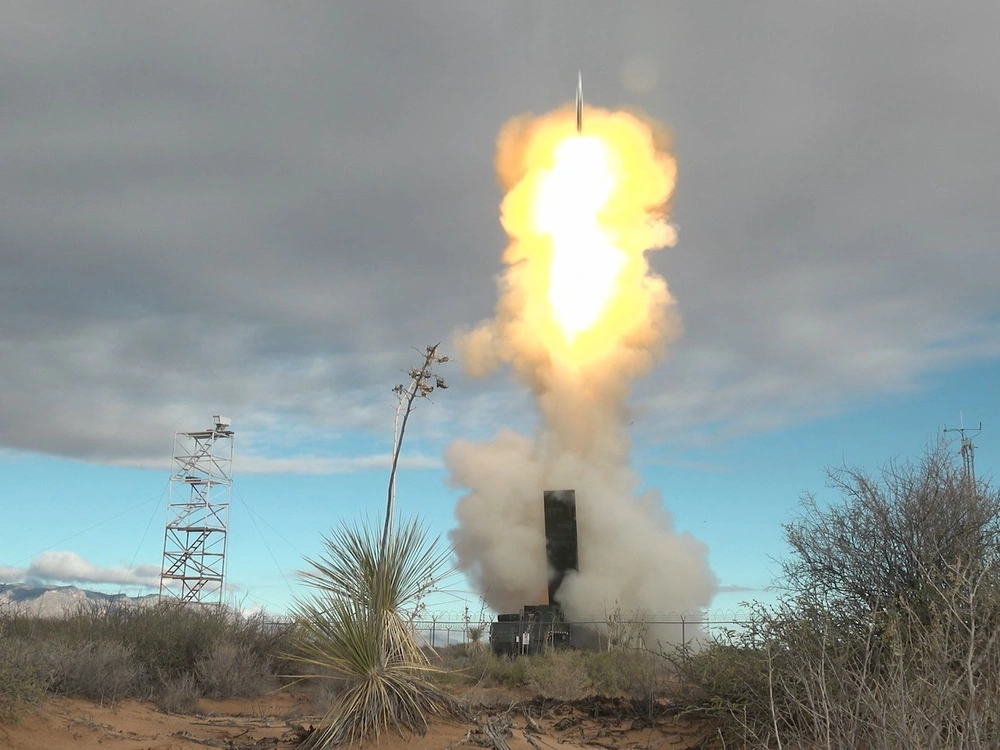The Russian Foreign Ministry said on Monday that Moscow was no longer bound by a self-imposed moratorium on the deployment of missiles that were previously banned by the Intermediate-Range Nuclear Forces (INF) Treaty, which the US withdrew from in 2019.
The INF prohibited land-based missile systems with a range between 310 and 3,400 miles. Since pulling out of the treaty, the US has developed a missile launcher, known as a Typhon, that can fire nuclear-capable Tomahawk missiles, which have a range of over 1,000 miles. The US has deployed the Typhon, also known as the Mid-Range Capability System, to the Philippines and briefly to Denmark for drills.
The US has also announced plans to deploy missile systems previously banned by the INF to Germany by 2026, and Berlin recently requested to procure its own Typhon system from the US.

The Russian Foreign Ministry said in its statement: “With our repeated warnings on that matter having gone ignored and the situation developing towards the de facto deployment of US-made intermediate-and shorter-range ground-based missiles in Europe and the Asia-Pacific region, the Russian Foreign Ministry has to declare that any conditions for the preservation of a unilateral moratorium on the deployment of similar arms no longer exist, and it is further authorized to state that the Russian Federation does not consider itself bound by relevant self-restrictions approved earlier.”
The ministry added that the US deployment of INF missiles has led to the “formation and buildup of destabilizing missile potentials in regions adjacent to Russia, creating a direct, strategic threat to the security of our country.” It said that decisions on Moscow’s response would be made by “Russia’s leadership based on an interdepartmental analysis of the scale of deployment of US and other Western ground-based INF missiles.”
When the US withdrew from the INF treaty, it claimed Russia was violating the agreement by developing the ground-launched 9M729 cruise missile. Russian officials denied the missile was a violation, saying it had a maximum range of 298 miles.
Russia also accused the US of potentially violating the INF by establishing Aegis Ashore missile defense systems in Romania and Poland. The systems use Mk-41 vertical launchers, which can fit Tomahawk missiles.
The US refused to negotiate with Russia on either issue, and the Trump administration exited the treaty. Since it was clear that one reason the US withdrew from the treaty was so it could deploy intermediate-range missiles near China, Russia proposed a moratorium on the deployment of INF missiles in Europe, but the US never accepted the offer.


